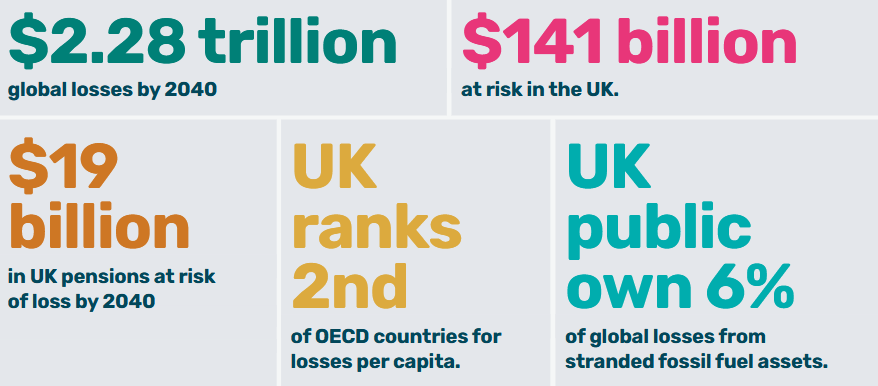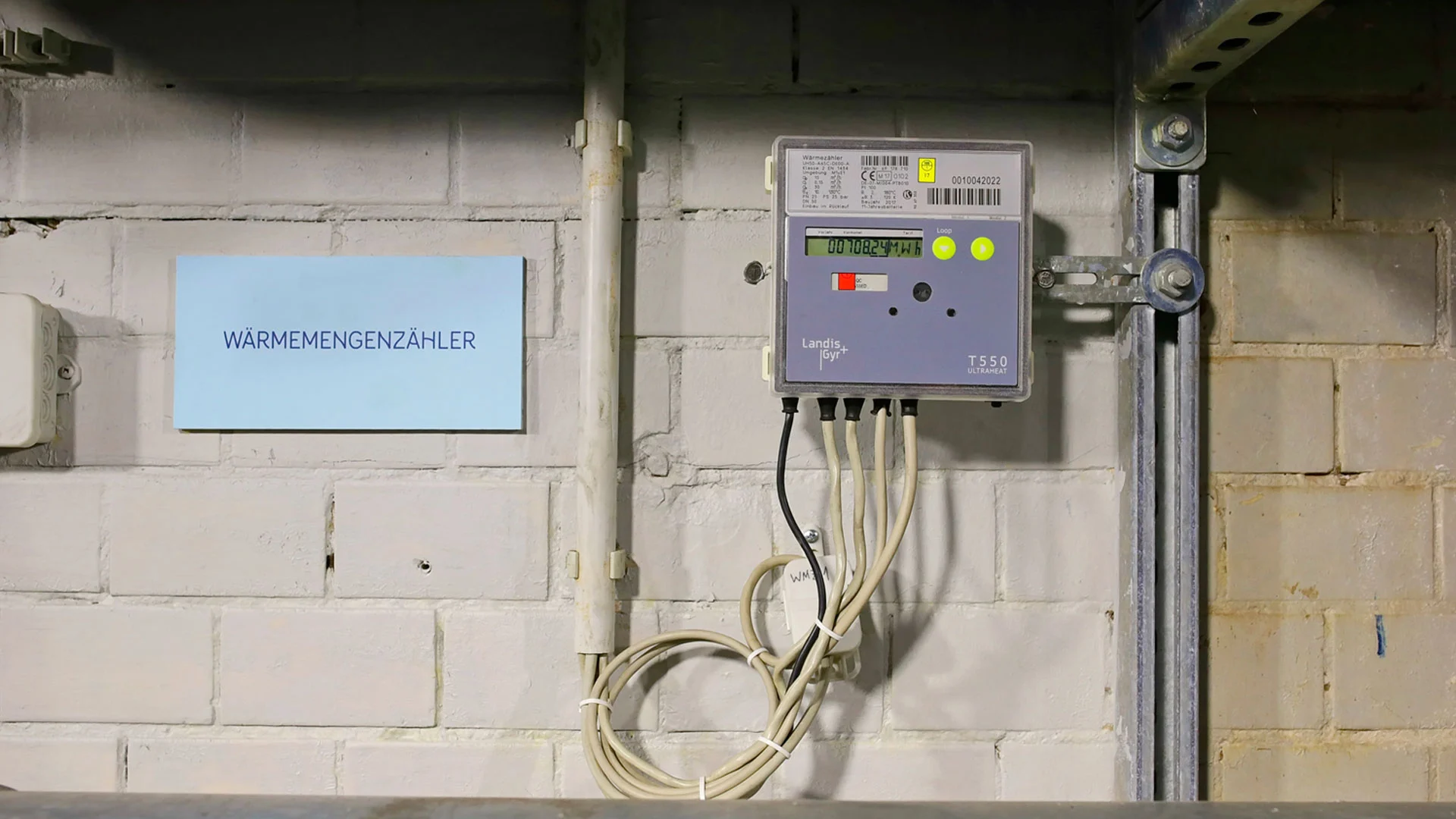The return of investment in oil and gas has led to a risk of loss from stranded assets that could amount to over $2tr by 2040.
Oil and gas companies have recently seen record profits, in part due to the oil and gas market rally sparked by Russia’s invasion of Ukraine. As such, some investors have started to invest in to fossil fuel markets again despite efforts for global decarbonisation.
In a report, Transition Risk Exeter (TREX) and UKSIF have produced new analysis of the disproportionate exposure of the UK economy, including UK pension savers, to stranded fossil fuel asset risks.
Total global losses from stranding reaches $2.28 trillion by 2040. Accounting for around 2 per cent of global GDP, the analysis shows the UK holds only 1 per cent of global stranding risk where the physical fossil fuel resources and capital infrastructure is accounted.
But the UK’s ultimate ownership of risk increases to 6 per cent of total global losses at the individual and government level, totalling $141bn by 2040, and the UK ranks 9th globally for losses per capita (above the US, Italy and France), and second out of OECD countries (after Norway).
Around $19bn (£15.2 billion) of UK pensions are at risk of loss due to stranding by 2040 if only countries’ currently announced decarbonisation pledges are fulfilled.
UKSIF sees a carefully controlled transition away from fossil fuels as both an environmental and a financial imperative, with surest way to offset the risk of losses through fossil fuel asset stranding by having support industries that will help grow into the space created by their decline, while also continuing to incentivise hard-to-abate sectors to accelerate their transition pathways.
© 2019 Perspective Publishing Privacy & Cookies








Recent Stories